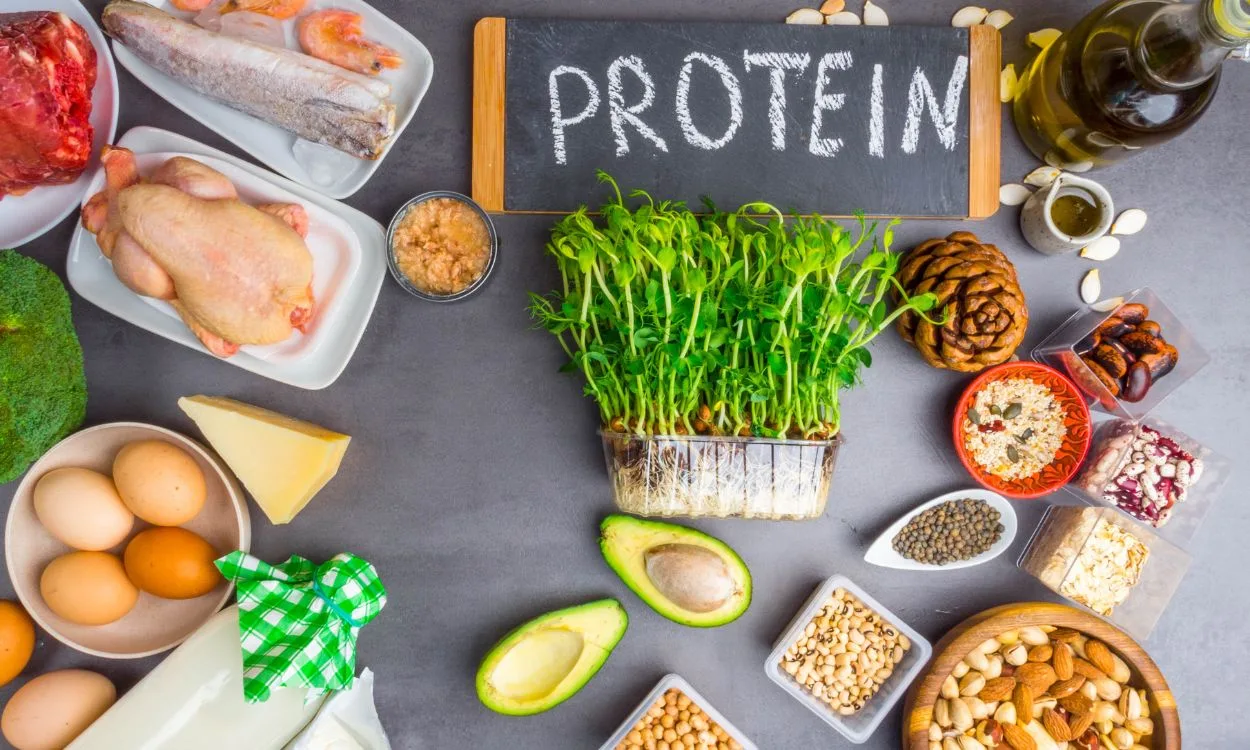What is the Role of Protein in Building and Maintaining an Athletic Physique?
Introduction
In the pursuit of an athletic physique, nutrition plays a crucial role. Among the essential nutrients, protein stands out as a key player. Protein is known as the building block of the body, and its role in building and maintaining muscle mass is widely recognized. In this article, we will delve into the significance of protein in achieving an athletic physique, its benefits, and how it aids in muscle growth and recovery. So, let’s dive right in!
The Importance of Protein
Protein is an essential macronutrient required by the body for various functions. It is composed of amino acids, which are the building blocks necessary for the growth, repair, and maintenance of body tissues, including muscles.
Muscle Building and Repair
- Protein plays a vital role in muscle building and repair. When we engage in physical activities such as resistance training or intense workouts, our muscles undergo microscopic damage.
- Adequate protein consumption helps in repairing these micro-tears, promoting muscle growth and development.
- It provides the necessary amino acids that aid in the synthesis of new muscle proteins.
- Protein also helps to maintain the nitrogen balance in the body, which is essential for optimal muscle growth.
Protein and Energy
- While carbohydrates are the body’s preferred source of energy, protein can also be used for energy production when carbohydrate stores are low.
- Consuming an optimal amount of protein ensures that the body does not break down muscle tissue for energy, which can hinder muscle growth and athletic performance.
Protein’s Thermogenic Effect
- Protein has a higher thermogenic effect compared to other macronutrients like carbohydrates and fats.
- This means that the body burns more calories during the digestion and absorption of protein.
- By increasing the metabolic rate, protein can aid in weight management and fat loss, which are essential for achieving an athletic physique.
Protein and Satiety
- Protein is known to be highly satiating, meaning it keeps you feeling full and satisfied for a longer duration.
- This can be beneficial when trying to maintain a calorie deficit for weight loss or when following a structured diet plan.
- Including protein-rich foods in your meals and snacks can help curb cravings and reduce the likelihood of overeating.
Optimal Protein Intake for Athletes
- The protein requirements for athletes and individuals aiming for an athletic physique are higher than those of sedentary individuals.
- The International Society of Sports Nutrition recommends a protein intake of 1.4-2.0 grams per kilogram of body weight per day for athletes.
- It is essential to distribute protein intake evenly throughout the day, as the body has a limited capacity to utilize protein at once.
Sources of Protein
- To meet your protein needs, include a variety of protein-rich foods in your diet, such as lean meats like chicken, turkey, and fish.
- Plant-based sources of protein include legumes, tofu, tempeh, edamame, quinoa, and lentils.
- Dairy products like milk, yogurt, and cheese are also excellent sources of protein.
- Supplements such as whey protein, pea protein, or soy protein powders can be convenient options to supplement your protein intake if needed.
Fitpaa – Your Partner in Achieving an Athletic Physique
Now that we understand the importance of protein in building and maintaining an athletic physique, it’s time to take action. Fitpaa, an AI-driven metabolism monitoring and management technology, can help you on your fitness journey.
- Fitpaa’s Metabolism Assessment identifies the root cause of your health condition by assessing your current metabolism.
- The Fitpaa Capsule, personalized based on your metabolism, health goals, lifestyle, and eating habits, optimizes your metabolism to aid in achieving your fitness goals with a 100 percent guarantee.
- Fitpaa’s Realtime Guidance technology provides timely nudging and habit-building techniques to keep you motivated and on track.
- With features like a virtual workout trainer, diet tracker, and performance tracking, the Fitpaa app makes following your fitness plan easy and convenient.
Conclusion
Protein plays a vital role in building and maintaining an athletic physique. It aids in muscle growth, repair, and recovery, provides energy, boosts metabolism, and promotes satiety. To achieve your fitness goals, it is essential to consume an optimal amount of protein from various sources. Fitpaa can assist you in your fitness journey by providing personalized guidance and tools to track your progress. Download the Fitpaa app now and embark on a transformative and fulfilling fitness experience!









